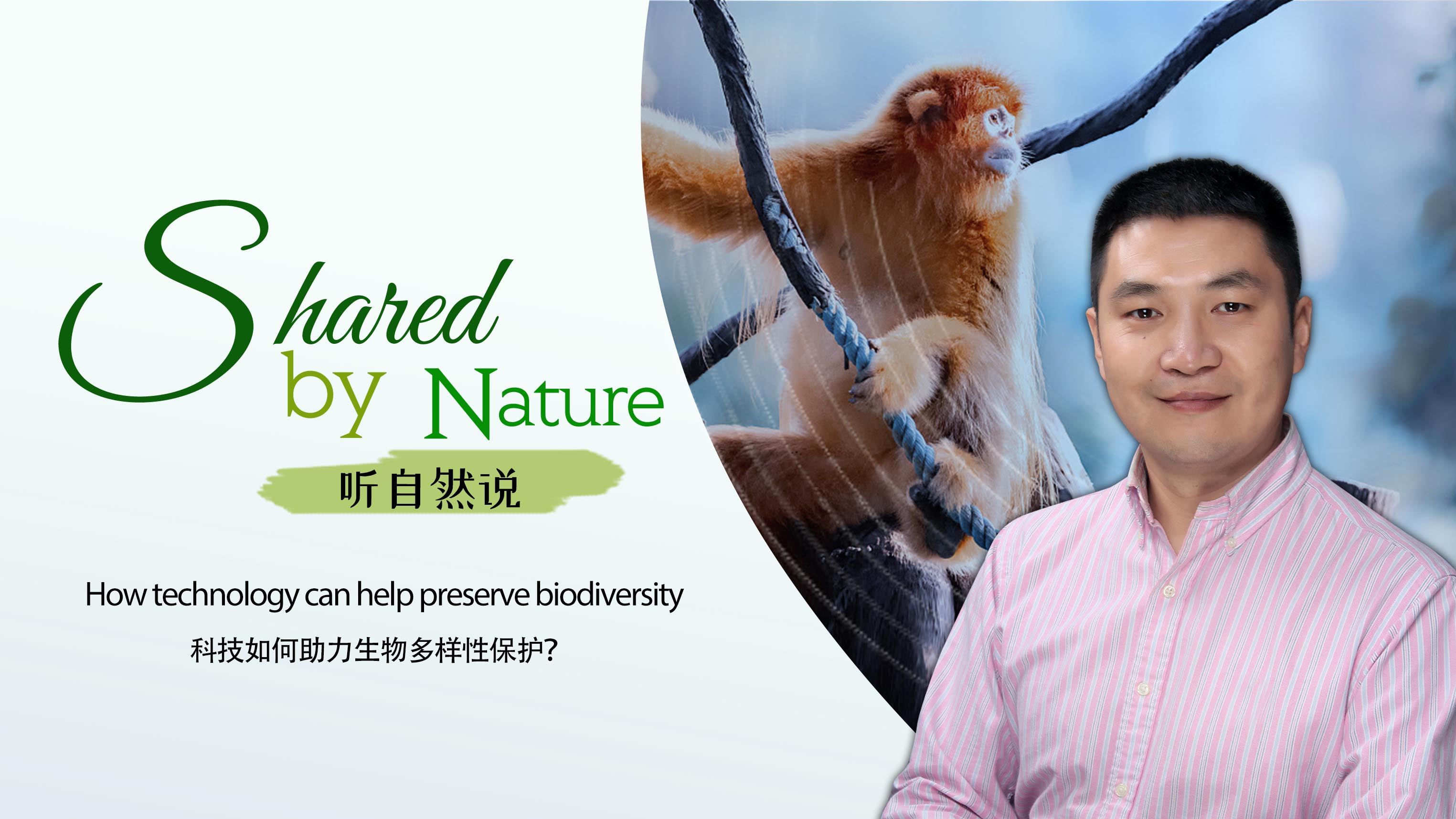04:18

Editor's note: "Shared by Nature" invites experts and scholars from around the world to share their knowledge of major issues in nature, such as climate change, biodiversity conservation and environmental protection. Guo Songtao is a professor at the School of Life Sciences of China’s Northwest University. He shares his opinions about how facial recognition technology can help preserve biodiversity.
The second phase of the 15th meeting of the Conference of the Parties (COP15) is taking place in Montreal, Canada between December 7 and 19. The conference is expected to lead to the adoption of the "Post-2020 Global Biodiversity Framework."
Guo Songtao is one of the leaders of a research team from China's Northwest University which employs facial recognition technology in identifying Qinling golden snub-nosed monkeys, and has developed a system that can recognize every individual monkey in the area. He shares his opinions about biodiversity protection as a researcher who has been monitoring the rare golden snub-nosed monkeys for over 20 years. He said that during the past two decades, he had observed a significant increase in the Qinling golden snub-nosed monkey population. He added that this was thanks to China's natural forest protection project as well as the enhancement of public awareness of wildlife protection. His facial recognition technology can help with the study of the behavior and social structures of Qinling golden snub-nosed monkeys and other primates.
Guo looks forward to the signing of the Post-2020 Global Biodiversity Framework and the implementation of relevant plans by all member countries to protect biodiversity for the benefits of all mankind during the second phase of COP15.
(Cover image designed by CGTN's Yu Peng, video edited by CGTN's Xu Chenlu and Xu Jinhui.)
(If you want to contribute and have specific expertise, please contact us at nature@cgtn.com.)